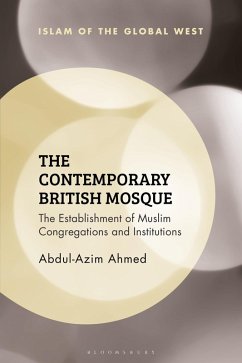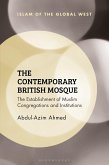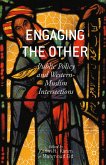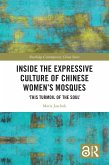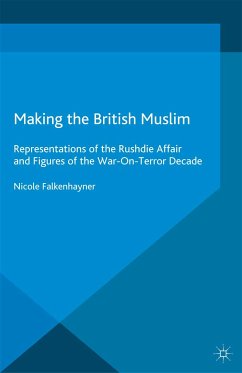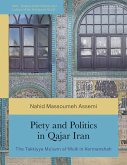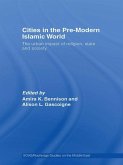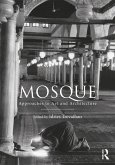Repositioning mosques as social, cultural and political spaces, this book provides new insights on key contemporary debates, the religious identity of Britain, secularisation, the far-right and terrorism, and gender equality.
Exploring the story of the British mosque, from house conversions to grand works of architecture, and the role they play in public life, Abdul-Azim Ahmed details the establishment of early mosques during the era of Empire, and the rapid growth in the years following the Second World War.
Ahmed takes a sociological approach to this study, drawing on fieldwork and ethnographic case-studies, alongside reviews of databases and historical documents to provide perspectives on the British mosque from the congregants themselves. The Muslim congregation, a poorly understood and often overlooked dimension of religion in Britain, is examined, and issues of diversity, denomination, sacredness, and society are explored.
Exploring the story of the British mosque, from house conversions to grand works of architecture, and the role they play in public life, Abdul-Azim Ahmed details the establishment of early mosques during the era of Empire, and the rapid growth in the years following the Second World War.
Ahmed takes a sociological approach to this study, drawing on fieldwork and ethnographic case-studies, alongside reviews of databases and historical documents to provide perspectives on the British mosque from the congregants themselves. The Muslim congregation, a poorly understood and often overlooked dimension of religion in Britain, is examined, and issues of diversity, denomination, sacredness, and society are explored.

